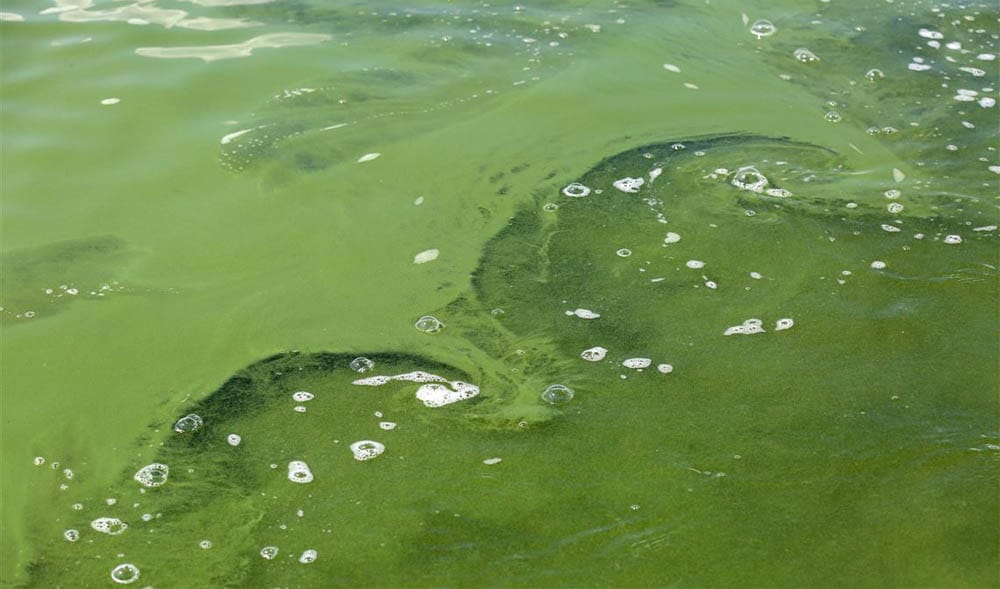
In our pursuit of reducing carbon footprints, we recognize the environmental impact of everyday activities such as driving and household chores. Surprisingly, laundry alone can consume up to 13,500 liters of water per year for an average family, prompting us to be mindful of our resource usage and the economic costs.
And that's just the tip of the iceberg. Now, let's delve into various ways your laundry habits can impact the environment.

Washing machines can have three significant impacts on the environment, affecting species by depleting resources and disrupting weather patterns. When evaluating your lifestyle or business practices, it's crucial to consider both the resources consumed and the products generated. While washing machines are designed for efficient use, it's essential to be mindful and find ways to reduce their impact on your household.

Despite extensive washing, water doesn't magically vanish or fully absorb into clothes or sheets. Instead, each load finds its way into the sewer system, ultimately contributing to the discharge of wastewater into streams and oceans. Even after treatment, some pollutants, like detergents and clothing fibers, can find their way into water bodies.
With every washing machine cycle, over 700,000 tiny plastic fibers are released into the environment, originating from synthetic materials that shed these fibers during washing. Unfortunately, these plastic fibers pose a threat to aquatic creatures, as ingestion can lead to poisoning or starvation.
The presence of phosphates in detergents can pose a significant threat to aquatic animal populations. When these phosphates are released into the water system, they can lead to eutrophication—an overabundance of nutrients that results in excessive plant growth and oxygen depletion in the water. This harmful process ultimately leads to the death of aquatic animals.

To power washing machines and heat water for washing, electricity is essential. While renewable energy sources like wind and hydro exist to generate electricity, they are often less cost-effective and sustainable compared to fossil fuels, leading to their lower utilization in the energy mix.
Although utilizing fossil fuels for power generation may appear cost-effective, it comes at a significant cost to the environment. Fossil fuels are a major source of greenhouse gas emissions, contributing to climate change. Moreover, their finite nature raises concerns about resource depletion and the potential severe consequences for humanity.
Indeed, approximately 90% of electricity consumption in laundry comes from heating water and operating dryers. By opting to dry clothes naturally and washing them with cold or warm water instead of hot water, significant reductions in energy requirements can be achieved.

While laundry detergents play a crucial role in killing bacteria and ensuring our safety, their impact on the environment can be significant. These products, along with fabric softeners, contain enzymes, perfumes, and dyes, all of which ultimately find their way into natural waters, posing a threat to aquatic life. Despite their benefits for us, these products can have detrimental consequences for the environment.
The presence of these toxic wastes contributes to groundwater pollution and can also have adverse effects on nearby plant life. Moreover, some of these pollutants end up in freshwater sources, further exacerbating environmental concerns.
To support the environment, contemplate making the switch to ozone laundry. These eco-friendly options offer significantly less or even zero negative impact on the environment and the health of your family.

Take a moment to observe a rotary dryer after loading it with laundry. Synthetic fibers like polyester often release microplastics into the air inside the house during the drying process.
Certain clothing manufacturers utilize dyes that may contain toxic chemicals, which can lead to skin damage for the wearers. The situation worsens when these chemicals are washed away during laundry and end up contaminating lakes and rivers.
Minute plastic fibers and chemical dyes find their way into household sewage systems, introducing harmful substances into the water.
Clothing production, disposal, and washing all have a substantial environmental impact.
The environmental impact of clothing is vast, encompassing the infiltration of water systems and air by dyes and synthetic toxins, as well as the energy consumption and water wastage resulting from frequent washing.
Fortunately, there are numerous ways to significantly reduce this impact. Initiatives such as selecting environmentally friendly natural materials, air-drying clothes, and opting for cold-water washing are just the starting point.
With the strong oxidizing capacity from ozonated water, eco ozone laundry is a subversion of the conventional laundry. Its energy-efficiency in cold water washing, no use of chemical and no production of harmful residues make it the most powerful alternative for conventional laundry. Now, to make a difference for the planet's environment and a sustainable future is at your hand.
Green Land Yinghai International Building B,
Baohe District, Hefei,
Anhui, China, 230002
© O₃ Eco Laundry 2024 | Sitemap | Privacy Policy | Terms of Service